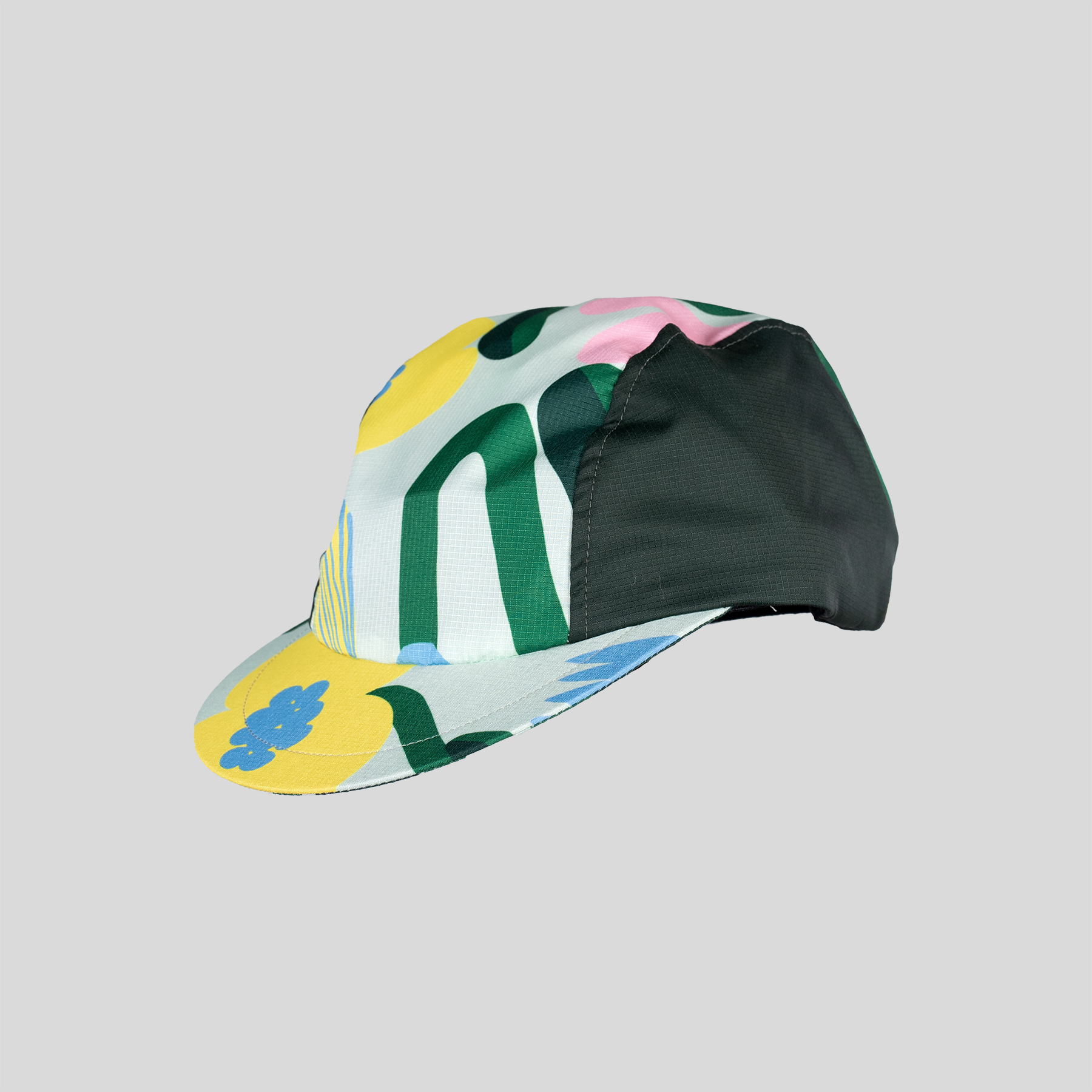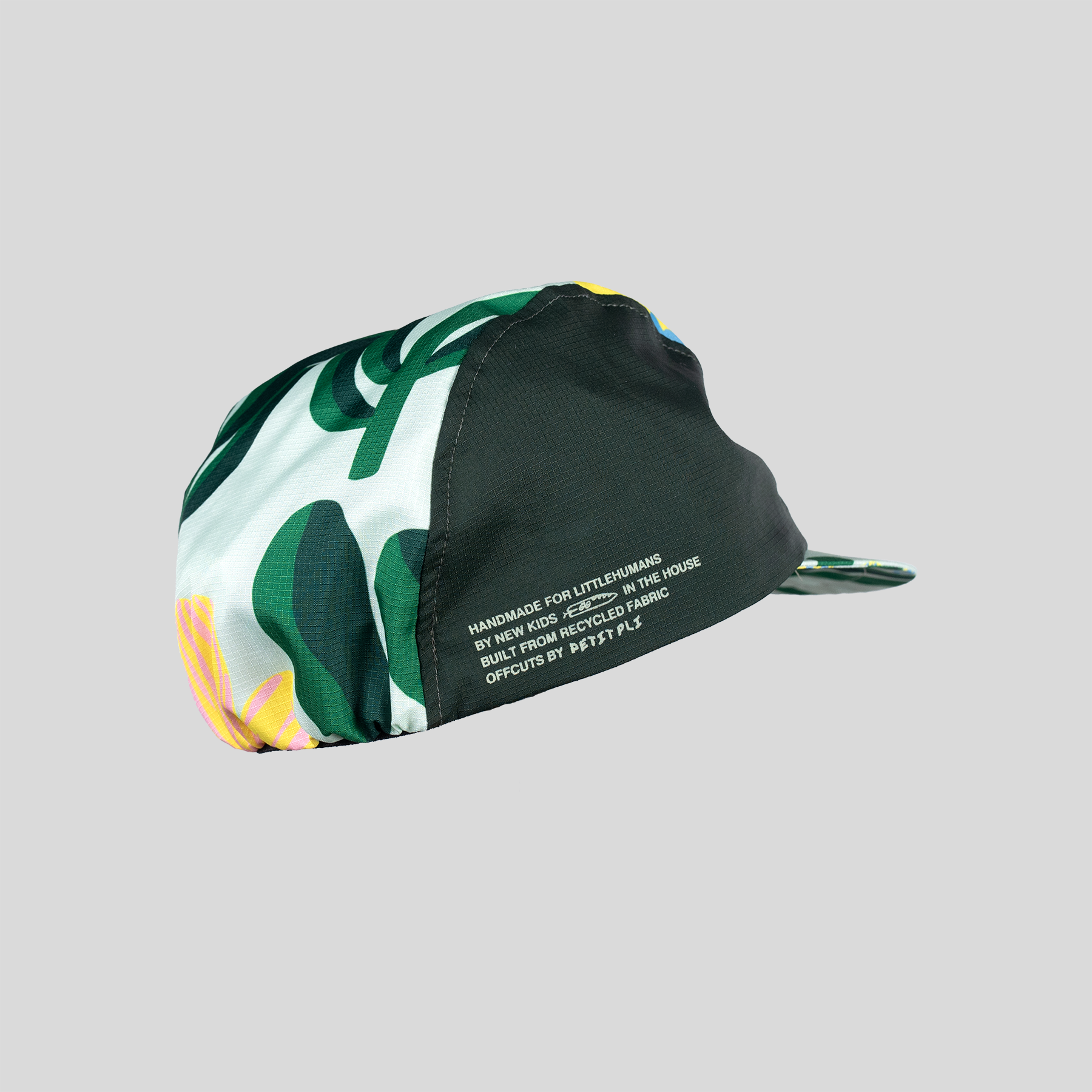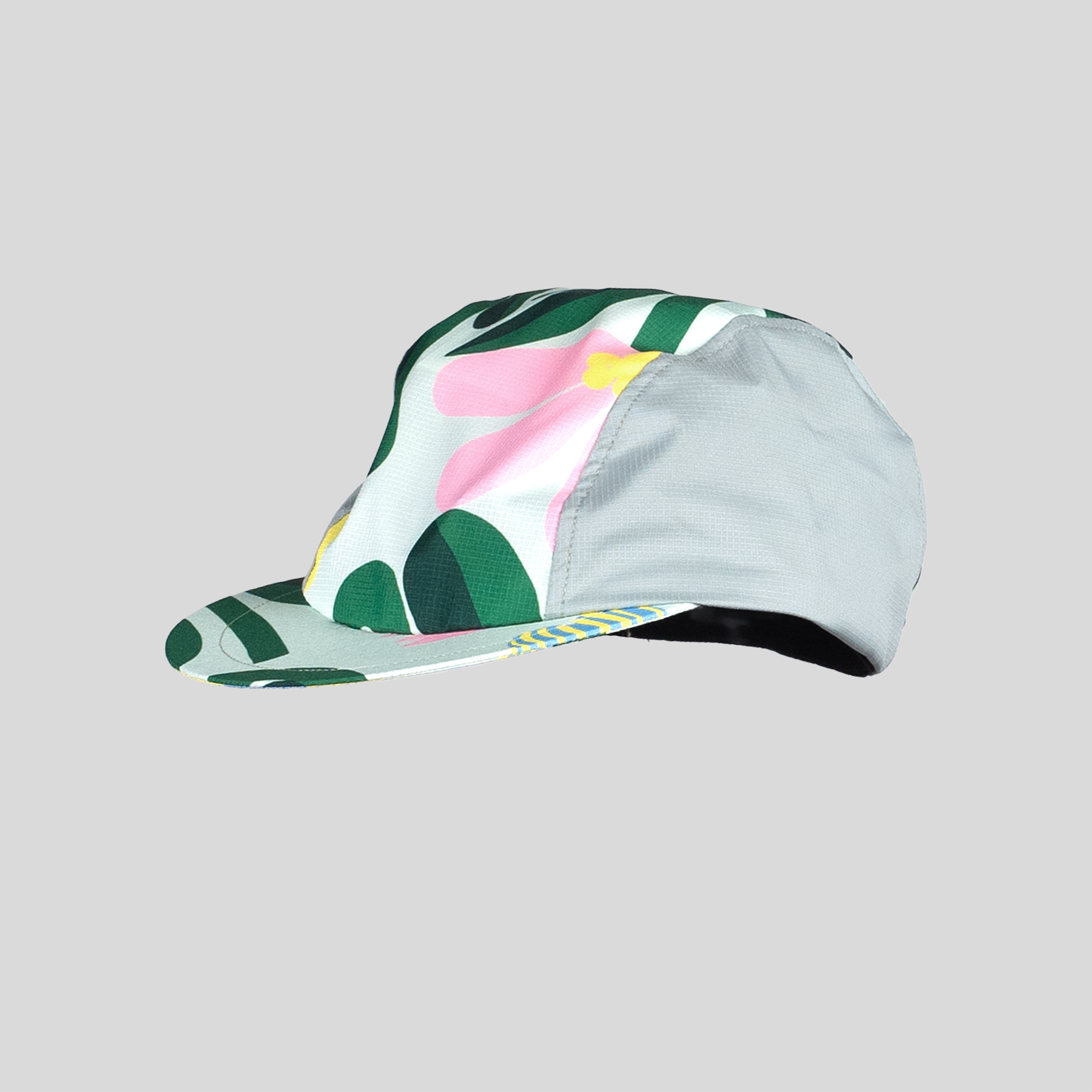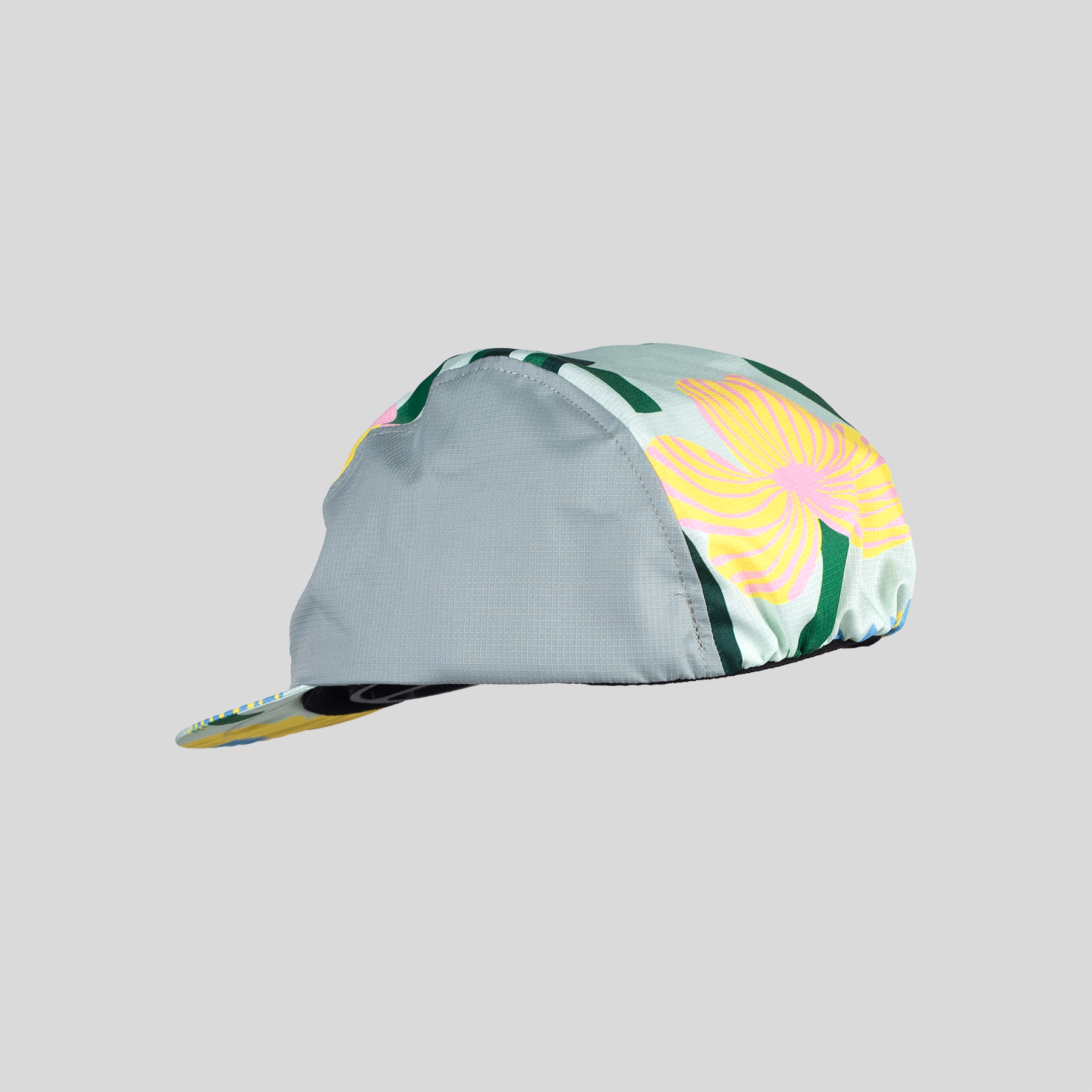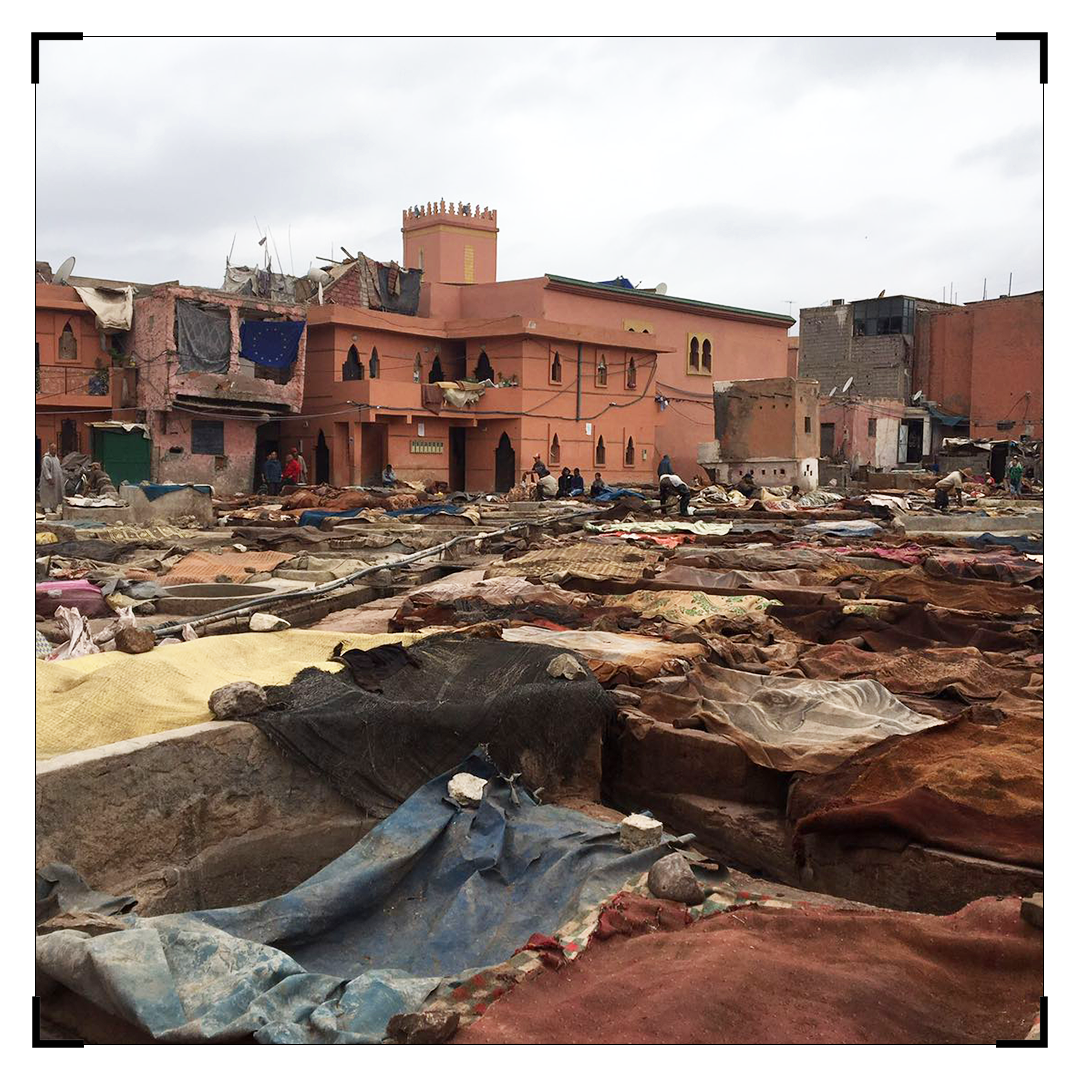
Nothing Short of Priceless.
Hello Fellow Humans!
Let’s talk about the ethics of the modern fashion industry.
When we put a face to a name in the fashion world, it’s usually that of the designer to their brand.
But how often do we think of the faces behind the actual production of the clothes we wear? The farmer who grew the cotton? The factory worker who produced and dyed the textile? The person who tanned the hide or stitched the seams?
The reality is, it takes a community to make every shirt or pair of jeans that we own. And most of the individuals involved in producing garments lead difficult lives that are less fortunate than ours.
Cotton is one of the most frequently used fibres for textiles in the world.
Most of it is not organic and is genetically modified, making it resistant to bollworm pest but necessitating the use of harmful fertilisers and extremely toxic pesticides.
The increased usage of of fertilisers has shown to increase the incidence of cotton farmers experiencing specific cancers (including: leukaemia, non-Hodgkin lymphoma, multiple myeloma, and soft tissue sarcoma, as well as cancers of the skin, lip, stomach, brain, and prostate) and the incidence of children being born with birth defects in areas local to cotton farms.
Factory workers are similarly exposed to toxins throughout the production of synthetic fibres and the dyeing of textiles, breathing in and absorbing potent vapours and chemicals.
Packed into overcrowded, poorly-built factories, workers are underpaid, overburdened, and treated inhumanely by their local employers.
These unsafe conditions have resulted in a number of devastating incidents, including fires and total building collapses, like that of Rana Plaza in Bangladesh in 2013, where over 1,000 people died due to negligence.
Whilst the ethical impact of current industry practices is startling.
It’s also important to recognise that fashion creates jobs and provides opportunities for individuals around the world.
We don’t need to completely close up shop; we need to elevate the standard at which we produce clothing, place the value of every person’s life at nothing short of priceless and continue to push innovation in the industry.
In our next post, we’ll be looking into the effects of fashion on water. Until then, as always, we’re eager to hear from you, connect with you, and learn from you!
Over & Out,
The Petit Pli Team
